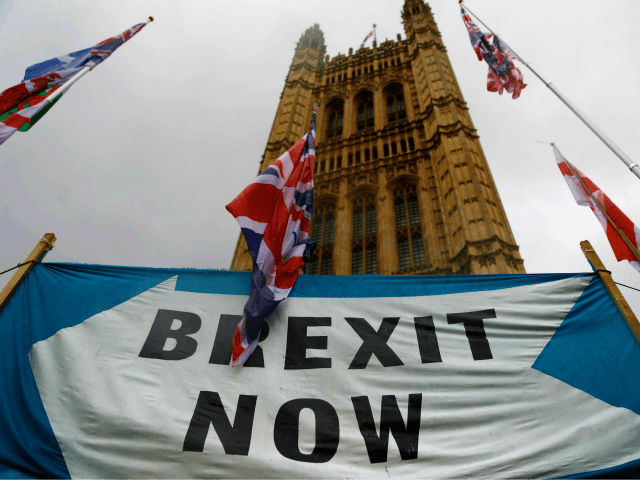Downing Street has said the EU’s demands that the UK adheres to Brussels’ regulatory frameworks after the end of the transition period would block any progress on a future trade deal.
The next round of negotiations between London and Brussels begins on Tuesday. The fourth set of talks, taking place virtually due to the Chinese coronavirus lockdown, will focus on fisheries, governance on how the new deal will be enforced, and the “level playing field for open and fair competition”.
Sources speaking to City A.M. suspect there will be no “dramatic breakthrough” by the end of the talks on Friday, with expectations that the UK will maintain that it will not budge on restoring full control of her fishing waters or her laws. At the same time, the EU will continue its hard line on Brexit Britain remaining aligned to EU rules — the “level playing field” — and accepting oversight of the European Court of Justice in ruling on the new free trade agreement.
The discussions come ahead of advanced talks between Prime Minister Boris Johnson and European Commission President Ursula von der Leyen later this month. Hopes of agreeing on a trade deal are, however, pinned on this “high level” meeting. But a Downing Street spokesman said in remarks cited by the Financial Times on Monday that Brussels’ current demand for regulatory alignment was “novel and unbalanced” and not equal to any other trade deal between the bloc and a third party.
“As soon as the EU accepts we will not conclude an agreement on that basis, we will be able to make progress,” the spokesman said.
The transition period ends on December 31st, 2020, and with it ends the UK’s continued adherence to the EU’s standards and regulations. Prime Minister Johnson has ruled out extending the transition period, with the exit date enshrined in law. The government has also said that if there is not sufficient progress made on a deal by the end of June, the UK would pull out of talks and spend the remainder of the transition period preparing to trade with the bloc on World Trade Organization (WTO) terms.
EU Threatens UK, Needs to Be 'More Realistic' in #Brexit Talks or Risk No Deal https://t.co/pSea8EVtHF
— Breitbart London (@BreitbartLondon) May 31, 2020
A government official speaking to the FT said: “We need a broad agreement in place by the summer.”
The source added: “We can’t still be having this conversation in September or October.”
The EU also wants to keep continued access to Britain’s territorial fishing waters, with EU fishermen currently accessing around 60 per cent of all of British fish landings. In what would be a dramatic climb-down from the UK’s previous-held position, The Times reports Brussels sources as claiming that the UK is ready to soften its stance on fishing and demands on the “level playing field”. In reciprocation, the EU will back down from its “maximalist” positions on both.
A senior diplomatic source told the newspaper of record: “There is only one way to get things moving and that is for the UK side to move and then, as Frost knows full well, the EU will move too.”
In another area where there are reports that the government may be softening first, the UK may extend its internal deadline for reaching sufficient progress to autumn 2020, allowing for more time to decide on the broader aspects of the deal. However, sources speaking to The Times maintain that if progress is not made by autumn, talks will cease and the remaining time will be spent preparing for a no-deal, WTO exit.
Brexit Boost: Nissan Backs Britain as It Pulls out of EU https://t.co/rzt0Gfw55r
— Breitbart London (@BreitbartLondon) May 29, 2020

COMMENTS
Please let us know if you're having issues with commenting.